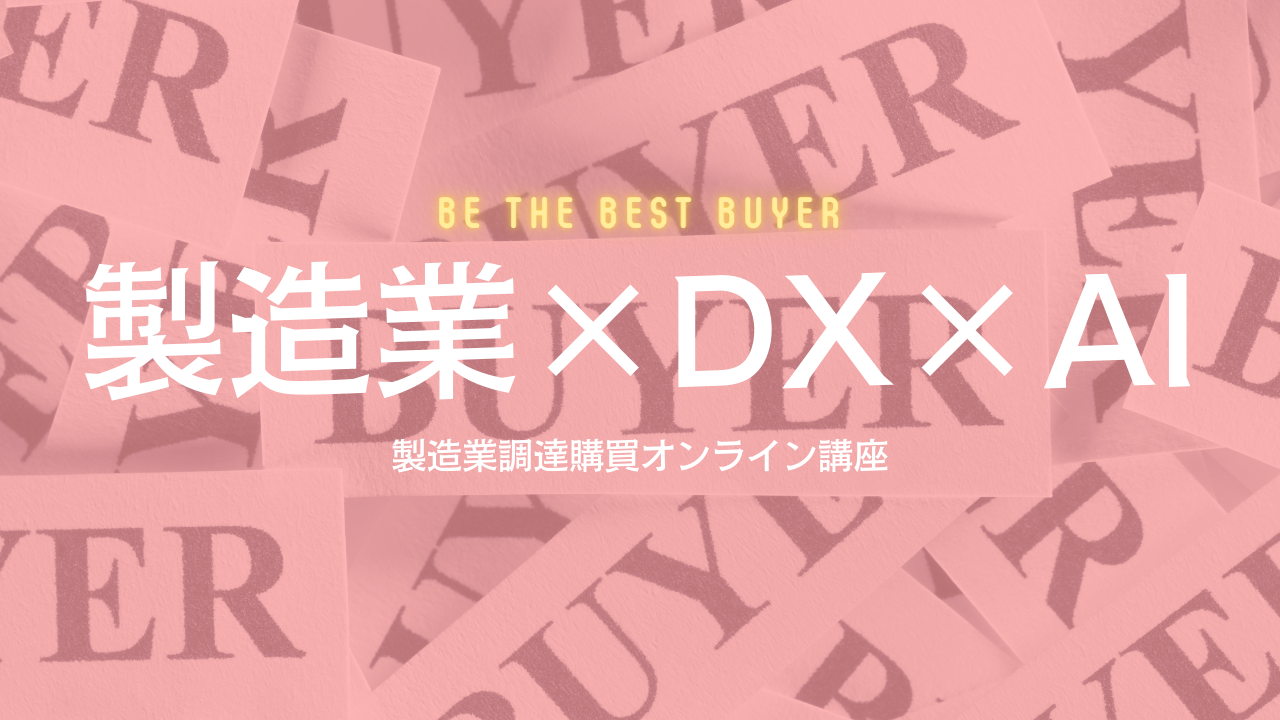製造業の購買担当者がAIにかわることってあり得るの?

The procurement and purchasing departments play vital roles in any manufacturing company to ensure the safety of processed goods. Here are some of the main responsibilities these teams have:
Supplier Selection and Qualification
One of the most important tasks is to carefully select and qualify suppliers. Professionals in these roles will research potential suppliers to check their certifications, safety record, production processes, and quality control measures. They may audit facilities to evaluate conditions in person. Only suppliers that meet stringent safety and quality standards will be approved.
Negotiating Contracts
Once qualified suppliers are identified, procurement negotiates contracts. These contracts specify the company’s safety and compliance requirements. They ensure suppliers understand and agree to meet all applicable regulations through clauses about ingredient and component sourcing, hazardous material handling, production practices, and more. Non-compliance can result in penalties or cancelled orders.
Reviewing Certificates of Analysis
As products are being produced, procurement may request certificates of analysis from suppliers. These certificates provide details on lab tests done to check the composition, contaminant levels, and quality of ingredients, batches of goods, or even final products. They verify products match specifications and are safe for consumption or further manufacturing processes.
Inspecting Incoming Shipments
When goods arrive, procurement professionals will inspect shipments. They may check labels, seals, and packaging to confirm the right products are being delivered free of issues like leakage, damage, or tampering. Spot checks or sampling tests may be done to ensure product safety and consistency with certificates. Any problems get addressed with suppliers promptly.
Maintaining Regulatory Compliance
It’s procurement’s duty to stay updated on regulations from agencies like the FDA, EPA, and OSHA that impact manufacturing. They oversee compliance for ingredients, facilities, production processes, labeling, and more. Regulations often change, so ongoing education helps ensure the latest rules are implemented with qualified suppliers and internal production teams. Non-compliance can result in costly recalls, penalties, or even plant shutdowns.
Investigating and Resolving Quality Issues
If consumer complaints emerge or in-house quality tests uncover issues, it’s procurement’s duty to investigate suppliers or batches at fault. Root cause analysis helps suppliers improve, and resolving claims helps minimize damage to customers and the brand’s reputation from unsafe goods. Complaint trends also guide future supplier audits or contract terms.
Collaborating Across Departments
Procurement must coordinate closely with operations, quality assurance, product development, and more. They provide approved suppliers and specifications to manufacturing. Production then reports back on performance to guide future orders. By keeping communication flowing, all teams work together seamlessly to put only safe, compliant goods into customers’ hands.
Training Employees and Maintaining Documentation
Procurement teams must also keep their own skills sharp with ongoing training. Documentation standards ensure proper records are maintained for things like approved supplier lists, signed contracts, certificates of analysis, shipping documents, audit reports, complaints, and corrective actions. This covers procurement in the event of a recall, safety investigation, or legal dispute down the road.
As supply chain gatekeepers, procurement and purchasing departments play a critical role in protecting public health and a manufacturer’s reputation. Through diligent supplier selection, qualification, monitoring, compliance efforts, and coordination across the organization, they help guarantee only tested, verified products of consistent safety and quality enter the marketplace or internal production stream. Proactive, knowledgeable procurement teams are vital for mitigating safety risks in manufacturing and the reputation of any food or goods producer.
調達購買業務の効率化だけでなく、システムを導入することで、コスト削減や製品・資材のステータス可視化のほか、属人化していた購買情報の共有化による内部不正防止や統制にも役立ちます。